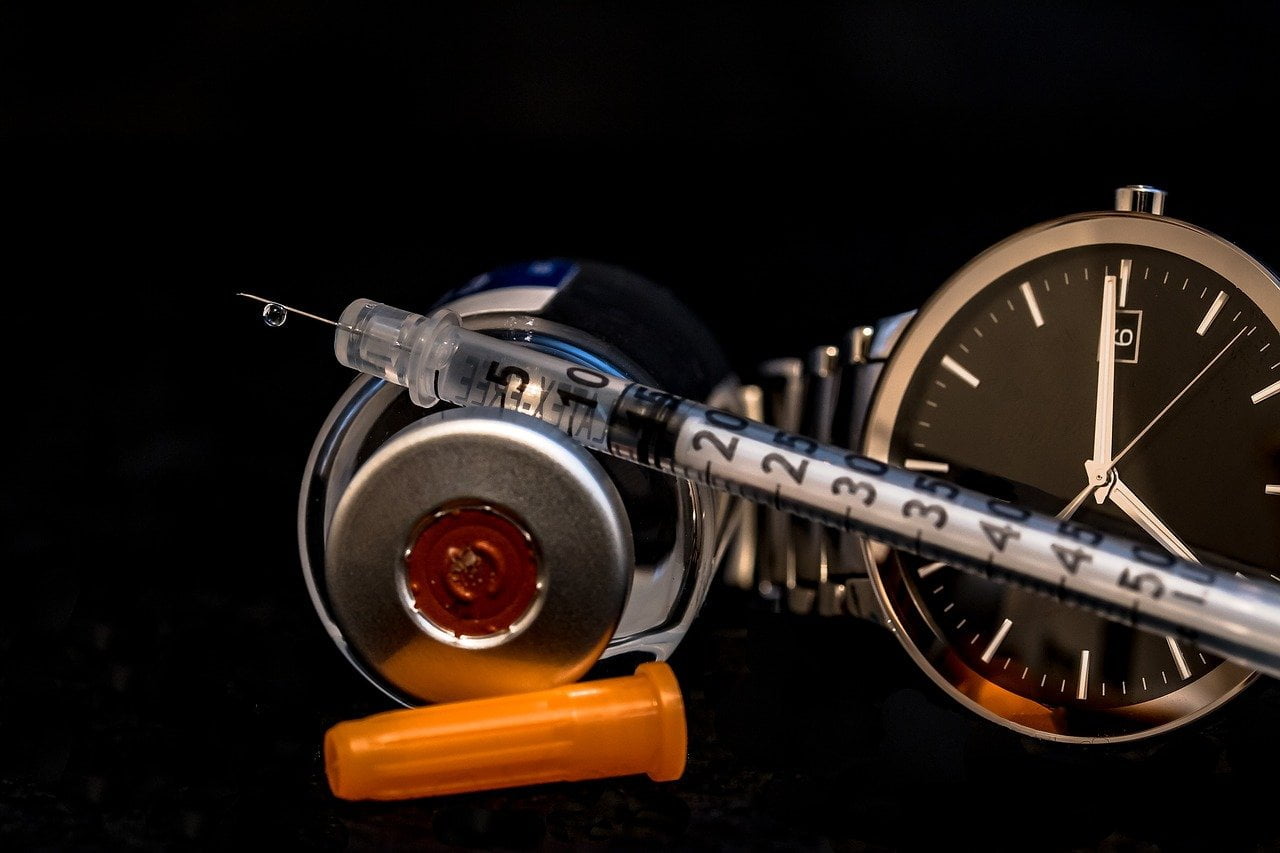Diabetes, The Largest Pandemic Since The “Black Death”
Until COVID-19, the “pandemic” was not a word we were accustomed to hearing in our day-to-day lives. Pandemics are nothing new. They have always been. But, with modern technology, advancements in healthcare, and science, we do not allow ourselves to think about pandemics.
Table of Contents
ToggleWhat is a pandemic?
“an outbreak of a disease that occurs over a wide geographic area (as multiple countries or continents) and typically affects a significant proportion of the population: a pandemic outbreak of a disease”
Once you have read this definition, you understand why COVID is a pandemic and you understand that COVID, while the newest and the most frightening currently, is not the first or the worst pandemic that mankind has ever battled.
Diabetes
What is Diabetes? Diabetes is a chronic illness. A person develops this disease when their pancreas is no longer able to make insulin. They can also get it when their body no longer knows how to make good use of the insulin it produces.
Our bodies naturally produce the hormone, “insulin”. This hormone regulates the glucose (sugar) from the foods we eat, through the bloodstream, to produce energy. The glucose is broken down in the blood, and the insulin helps the glucose get it into our cells. When we cannot produce insulin, or we cannot produce it effectively, it causes the glucose levels to stay too high in the blood. This damages the body, internal organs, tissues, and nerves. It can lead to serious medical issues including:
- Blindness
- Kidney failure
- Cardiovascular disease
- Lower limb amputation
- slow-healing (and easily infected) sores
- Hardening of blood vessels
- Neuropathy
- Tooth decay and pain
Source: International Diabetes Federation
A Pandemic From The Past – “The Black Death”
In the 14th century, millions of people died of the Black Death. This pandemic wiped out 60% of Europe. Depending upon where you research, the death toll was somewhere between 20 and 200 million people. The pandemic went on for years.
It was a horrible disease. Perfectly healthy people would come down sick very quickly. They would get infections and huge boils (the size of eggs) that were black and would ooze in the groin area, under the arms, and on the throat. They could go to bed healthy and be dead by morning. Their pets and livestock would also get the disease and there was no escape. The only way they could try to slow it down was by social distancing, but it spread faster than they could move away from their friends and family. Later it was determined that the disease was spread by infected fleas and rats and by keeping the trade ships from docking they could keep the sickness out of the towns.
Diabetic patients
Currently, there are an estimated 463 million people with diabetes in the United States. According to the American Diabetes Association on an average year, there are approximately 7 million people who are diabetic in the US that are undiagnosed. Given our lifestyles, average weights, and poor nutrition along with medical data, it is estimated that up to 88 million people have pre-diabetes.
The cost of this deadly disease at this level is staggering.
Required Tools
This is not the 14th century. We have quality healthcare. We do not have a cure for our “plaque” but we know the importance of treating it. This means professional treatment from medical professionals who will teach us how to eat, exercise, rest, and do yoga for diabetes treatment. It means mental health choices to keep ourselves in control. It is about learning about our bodies and teaching others.
Ascensia Diabetes Care is a global company that has led the way in the fight in reclaiming the lives of people living with diabetes for more than 70 years. From the days before people could use a drop of their own blood and a high-tech device that tells them the glucose levels in their blood, Ascensia was there with urine testing strips. From smart meters that send your data to your doctor’s office to phone apps that use algorithms to send personalized information and support to the user. This kind of research and development is critical for diabetic patients.
We must have quality blood glucose meters and lancing devices. We need insulin, syringes, and medications we can afford every time we need them
Cost of Diabetes
American Health & Drug Benefits conducted a study in 2014. Between 346,486 and 410,234 patients with type 2 diabetes and between 21,176 and 26,228 patients with type 1 diabetes were included. The purpose of this study was to determine the real-world cost associated with people who have type 1 and type 2 diabetes in the United States. The data compared was taken over an 8-year period and two different cost methods were used and compared. The conclusion was this. In 2014, there were 19.3 million people with diabetes in the United States. The direct costs associated with this number of pandemic patients equaled 314.8 billion dollars.
Conclusion
Diabetes is a serious pandemic that destroys families and kills people globally every single day. It financially cripples our medical programs. Perhaps because we do not have to worry about standing too close to a diabetic or wearing a mask to speak to them, we don’t find their illness a threat. A diabetic doesn’t whisper the words when they explain why they do not want dessert.
Being a diabetic doesn’t cause alarm. But, shouldn’t it? Shouldn’t we demand the same attention, research funding, and care for the millions of people who fight this disease every day? We are thankful for the tools that allow us to maintain. We are thankful for the weapons we use to fight back. But, maybe it is time to reach a little higher. Maybe we dare to reach for a cure.
